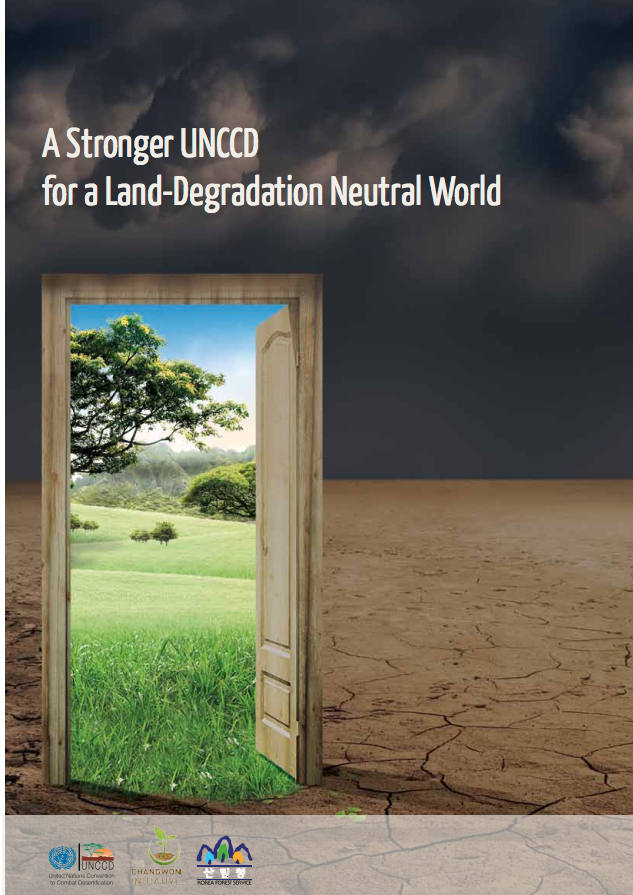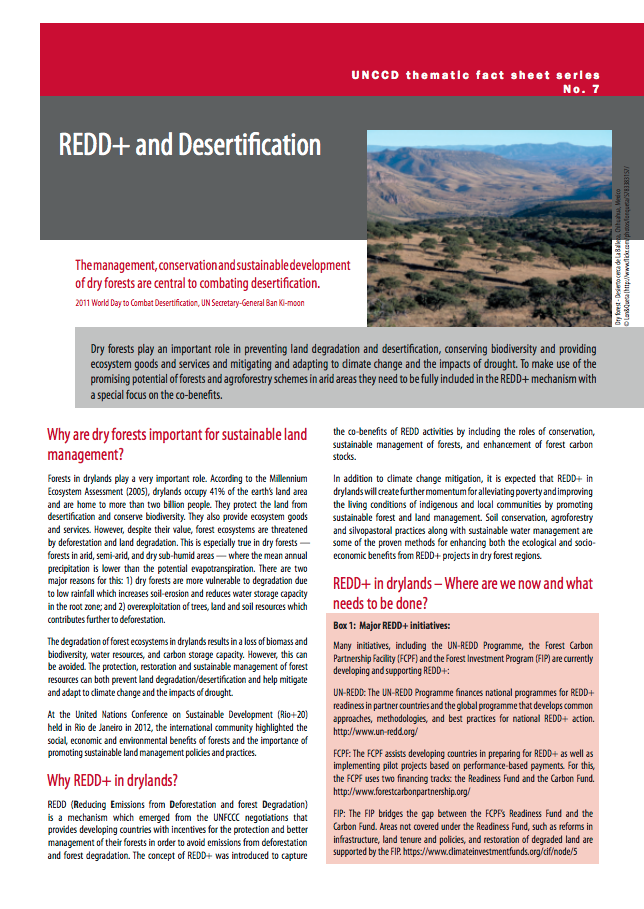Republic of South Sudan : The Rapid Water Sector Needs Assessment and a Way Forward
The aim of the rapid assessment is to
support the transition from emergency post conflict recovery
to a development approach. The completion of the water,
sanitation, and hygiene, or WASH strategic framework in 2011
was intended to mark the beginning of this transition in the
water resources sector. Among other things, the transition
involved the adjustment of policy and strategy and possibly
a rethinking of approaches as the government shifts from








